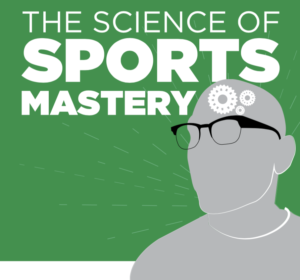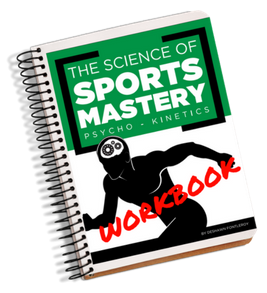SPORT SPECIALIZATION CONSIDERATIONS
Skill Acquisition and Motor Performance Perspective
Perhaps the greatest and most obvious benefit of specialization is the acquisition, development, and proficiency of motor skills related to success in a given sport. An athlete who practices a skill or set of skills with increased frequency and duration, considering he or she does so in a scientifically appropriate manner, may become more proficient at the skills than one who practices them periodically and irregularly, as may be the case with diversification. With the relatively short career of most athletes and a perceived finite amount of time with which an individual can reach peak physical performance, many athletes and coaches believe that it is foolish not to specialize.
However, studies from the former Soviet Union, in which early specialization was widely practiced, have provided evidence against its effectiveness. It’s widely recognized that only a minority of Soviet athletes from single sport backgrounds were able to improve performance later in their careers and that most diversified athletes attributed success to a multi-sport background. Athletes who specialized early in their careers experienced quick performance improvement, they achieved their best performances by age 16, then performed much less consistently and quit their sport sooner than those whose training programs were diversified.
No sport program should restrict the diversification of physical skills or social development of athletes under the age of 14. The child must also be permitted the participation in – – other sport and non-sport activities without the associated guilt sometimes experienced by talented athletes who are pressured by adults to remain in a sport.
Coaches and parents must understand and plan for long-term periodization of training. The phrase “a champion cannot be made overnight,” while taught to athletes to ensure adherence and loyalty to a demanding schedule, ideally is the guiding philosophy by which a long-term training program is structured. Such a program should allow for appropriate training breaks crucial for physiological and psychological recovery from training, at which time an athlete could balance complete rest from the sport with participation in other sports or activities at a lower level of intensity. When a child reaches an age in which he or she is physiologically and psychologically mature enough to handle increased training loads, specialization at that time may be justified to optimize the positive adaptations accompanying the advanced intensity and duration of training. Most importantly, at the center of periodization should be the needs and wants of the young athlete and the incorporation of other important variables into a training season, such as educational and social opportunities outside of sport. Under these conditions, young athletes have an optimal chance of attaining athletic success under the proper physical, social, and psychological development afforded to them through sport.






 Your Information is Safe
Your Information is Safe Secure Checkout
Secure Checkout





 6 Week Mastermind
6 Week Mastermind